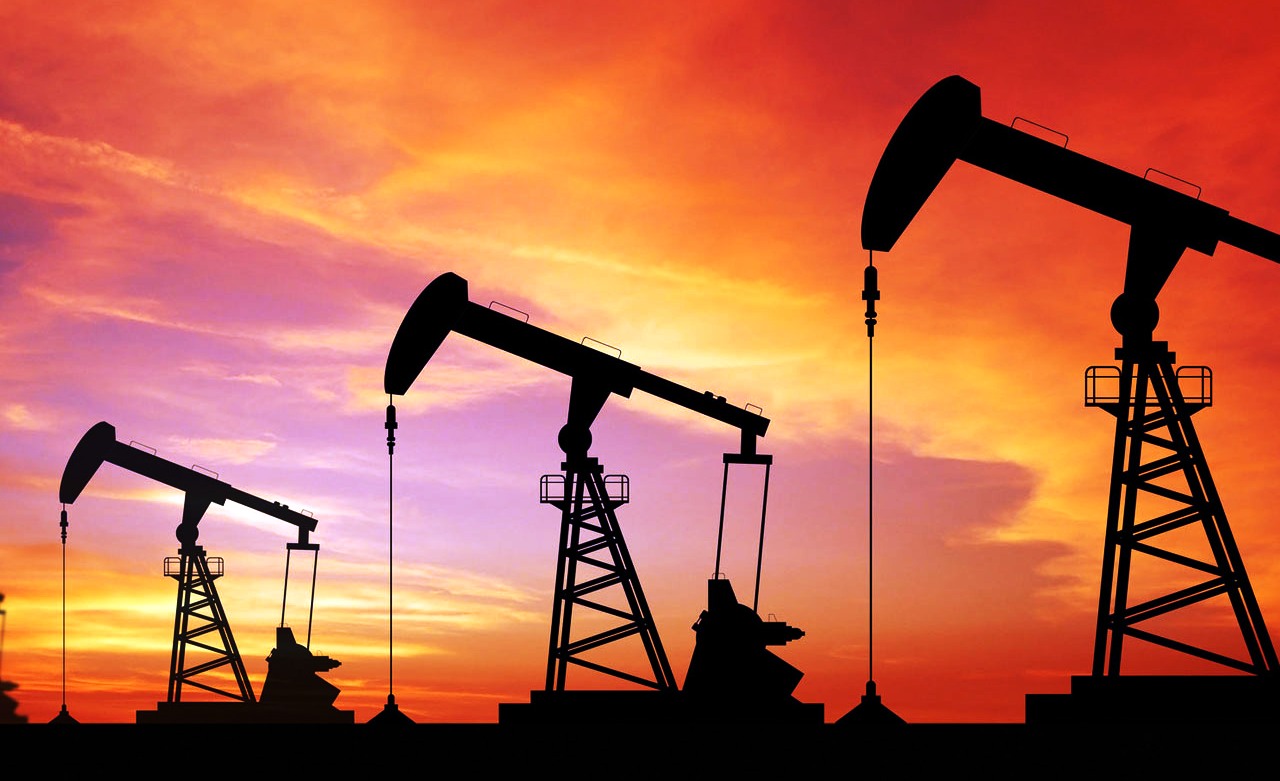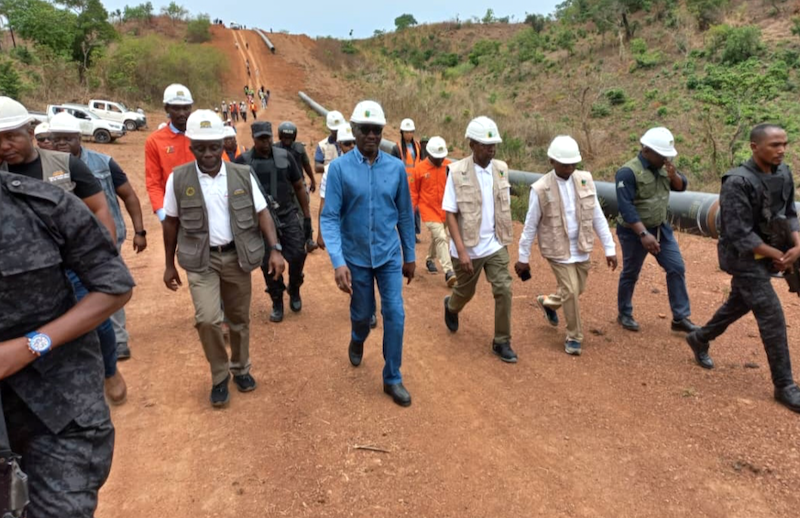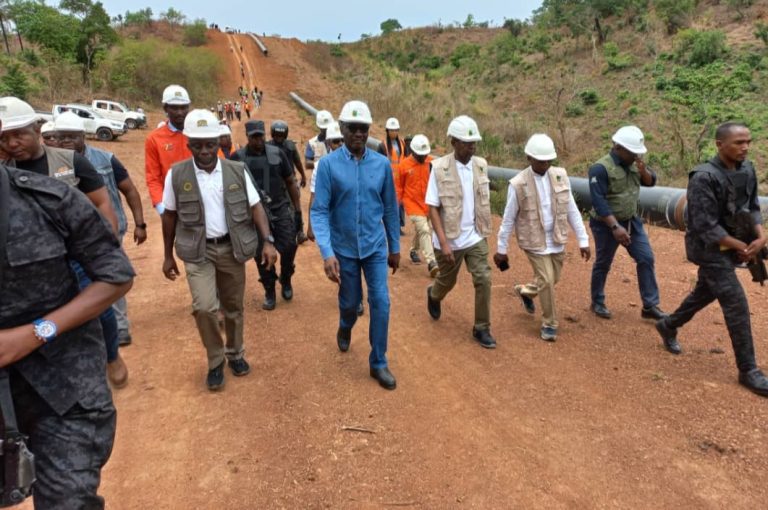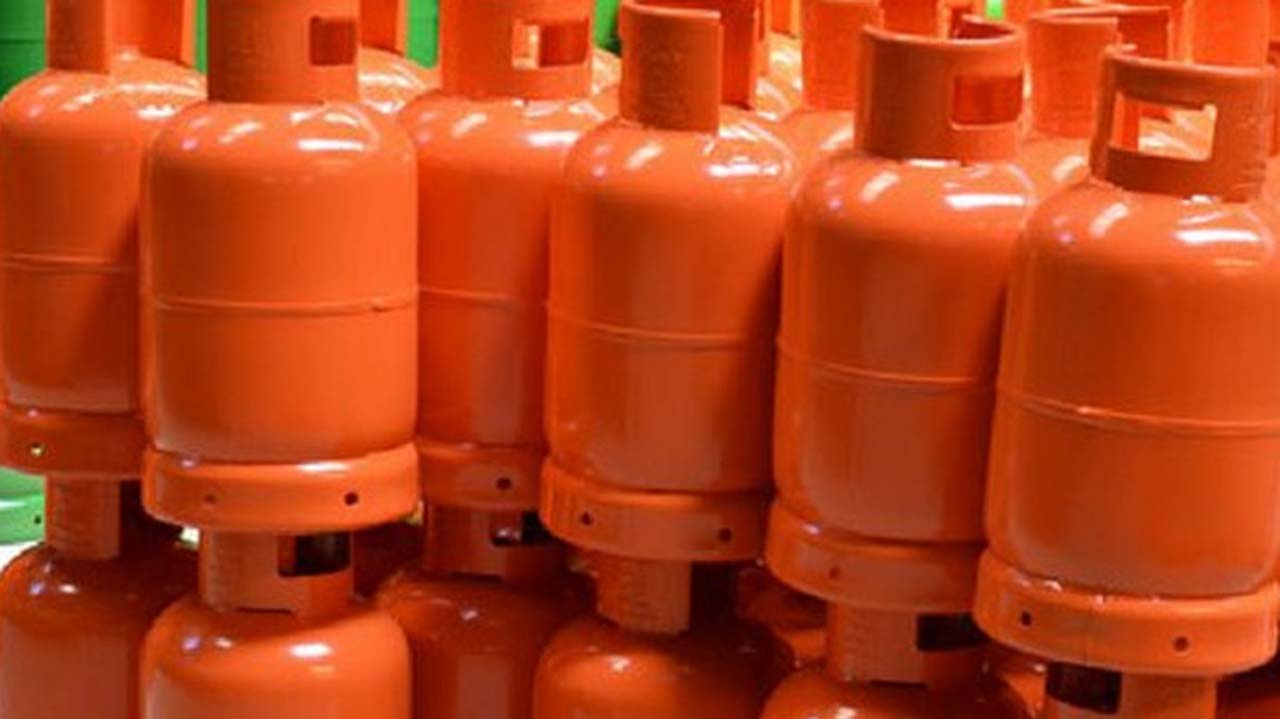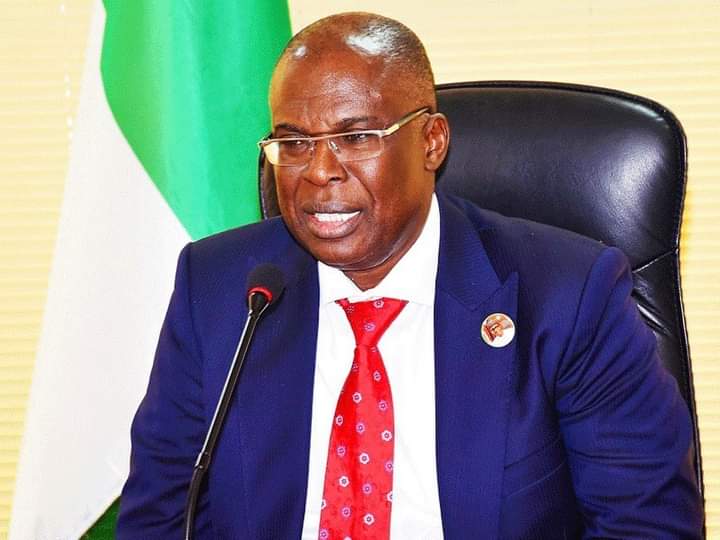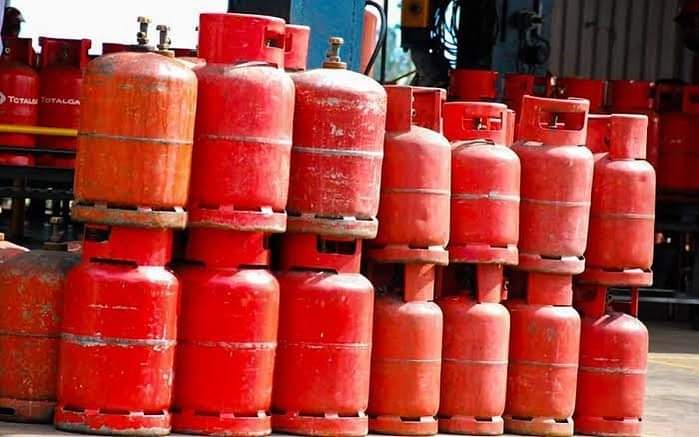There is absolutely no doubt that Africa is a very rich continent, both in terms of human and natural resources. It is this massive wealth, particularly of natural resources, that has continued to attract both the developed and developing world to its embrace. The developed countries often come with rapist tendencies, but pose as developers and partners. They see Africa as a raw material enclave. They explore and exploit to their own advantage and leave the continent either threadbare or desolate at the hint of more convenient alternatives.
Among other resources, the continent is endowed with massive energy potentials; and it has a huge hydrocarbon belt which sustains the economy of some of the richest countries. Crude oil and gas have come to define the economic status of some of the biggest economies in the continent. Both also attract some of the biggest investors who see the two energy resources as the lifeline for industrial and social sustenance of their own economies. Now with cleaner and cheaper alternatives, they see fossil fuel as a threat to the environment. Crude oil is associated with carbon emission and gas has become the transition fuel on the route to a carbon-free energy regime.
Although Africa looks like the target of the zero-emission campaign; some major petroleum producing countries in the Asian and Gulf region are also apprehensive of the energy transition timetable, given their huge belt of undeveloped hydrocarbon reserves. The zero-emission campaign and the accompanying defunding of hydrocarbon projects have found the alternative thinking cap of African producers. They are now finding ways of not just navigating the transition period, but flowing with the inevitable renewable energy tide. Once in a year, industry players within the African continent in particular and others around the world gather at the Nigeria International Energy Summit to take some strategic look at the energy industry and chart a way forward for growth and sustainable development, especially in the face of the threatening global energy transition proposal. The theme of the sixth edition of the summit which held in Abuja from Monday April 19 to 23, was “Global Perspectives for a sustainable energy future”, an indicator of divergent perceptions about the sustainability of certain aspects of energy sources and resources.
Particularly so, some countries are deeply worried about the conversations going on and being escalated on global theatres as regards climate change, a phenomenon that has come to link its nemesis to carbon emissions. Although Africa has about the lowest carbon emission levels in the world, even with the advanced levels attained by the developed countries in green and renewable energy sources, the continent is more worried than others because the developed world continue to point accusing fingers at fossil fuels as a major threat to the Ozone layer rescue mission, and the march towards a carbon-free world.
The thinking has refocused investment attention from the development of the vast fossil fuel reserves, which lie largely untapped and underdeveloped in Africa, to renewable energy which is seen as cleaner and probably cheaper in some aspects. Government and Industry players in Nigeria are particularly worried because the petroleum industry is the country’s biggest foreign exchange earner. The national budget is largely based on resources from this revenue stream.
Nigeria has about 37.064 billion barrels of oil with a daily production of over 1.5 million barrels currently. It ranks 2nd in Africa, 8th among Organization of the Petroleum Exporting Countries (OPEC) and 11th in the World in terms of reserves. In terms of actual crude production, Nigeria occupies the first position in Africa, 6th in OPEC and 15th in the world. Even though crude oil contributes over 85% to Nigeria’s foreign exchange earnings, its contribution to GDP is about 6.33%, while Algeria’s is 10.2%. Angola is 30% and Libya at over 50%. The GDP per capita for Nigeria stands at $1,998 which puts it at the 12th position among OPEC member states and 22nd in Africa. So, Nigeria has real cause to fret whenever the phrase “Energy Transition” is mentioned, because it has implications on the investment budget and consequently production returns.
The enactment of the Petroleum Industry Act (PIA) 2021 and efforts made by the Nigerian Upstream Petroleum Regulatory Commission (NUPRC) to breathe life into its provisions have brought some relief to both the sector and operators. Before then investment in the country’s oil and gas had taken a southward trajectory due to three major reasons: regulatory uncertainty, de-funding of fossil fuel development occasioned by energy transition, and the scourge of COVID-19 which shut down the world between 2019 and 2021.
Between 2014 and 2022 there was a consistent decrease in capital expenditure (CAPEX) by international oil companies (IOCs) most of which deprioritized Nigeria in their portfolios and redirected funding of capital projects in the upstream sector to other countries. That automatically meant a decline in upstream operations and output. It was a double wahala for Nigeria. The country’s total annual upstream capital expenditure went down by 74% during the period, from $27 billion in the year 2014 to less than $6 billion in 2022. The breakneck competition from regional peers also adversely affected the proportion of the overall upstream investment attracted by Nigeria.
The under-investment expectedly affected a number of operational facilities and activities, including the country’s rig count. On the average, Nigeria had one of the highest in Africa in 2019; but declined from 17 then, to 7 in 2021. It started climbing again in 2022 to 10 and by April, 2023 when new investments had started trickling back into the country it had gone up to 24. The new development in the industry is attributable to the return of confidence in the sector in Nigerian and a reflection of investors’ acceptance of the effective implementation of the PIA by the regulator, NUPRC.
Fortune continued to smile on the industry with the high energy prices in the last two years. The oil and gas industry globally is experiencing positive inflows which could be directed to capital investment in upstream operations. Projections by industry experts over the next few years look good. Industry players therefore have a chance to leverage this opportunity by up-scaling every effort to attract more investments to revive the Nigerian upstream sector. NUPRC Chief Executive, Engr Gbenga Komolafe is optimistic. During the NIES 2023 in Abuja, he stated that Nigeria is a nation where needs meet opportunity. He was not just referring to crude oil and gas, he mentioned vast potentials in blue energy, solar, wind, biomass, as well as other sources of renewable energy which he noted could be leveraged for the right energy mix in the energy transition regime.
While Komolafe, like every other major industry player in Africa, worries about the not-so-encouraging foreign investment in fossil fuel development around the world, especially in Africa, he has always been alive to the reality of green transition. At the just concluded energy summit he reiterated the need for oil and gas producers in Africa to face the reality and take strategic positions to leverage the opportunities presented by the unfolding era, as pressure from the clean energy crowd mounts.
He used that opportunity to also state that even as moves are already afoot to flow along the renewable energy corridor, Nigeria is already charting a new course in the upstream petroleum sector and is poised to secure a blossoming energy future through effective implementation of the PIA. The Act has relevant legal, governance, fiscal and regulatory frameworks for guiding industry operations. In line with its mandate, the NUPRC is developing forward-thinking technical and commercially viable regulations as instruments to promote transparency, efficiency, and innovation for sustainable development of Nigeria’s hydrocarbon resources.
Walking along international benchmarks in implementing the PIA provisions, the Commission’s focus is targeted at achieving reduced unit cost per barrel, transparency in hydrocarbon accounting, operational efficiency, conducive operating environment, increase in oil and gas reserves and production, and reduction in carbon footprint. Within the 20 months of its existence, the Commission has already successfully gazetted five (5) Regulations, developed thirteen (13) fresh Regulations currently under review and another six (6) at consultative stages with industry stakeholders.
The target is to grow reserves through deliberate oil and gas exploration, deep drilling, prospects maturation appraisal, field studies and improved oil recovery. Results are already showing. The national hydrocarbon reserves position as at the beginning of this year was 31.060 billion barrels for Oil and 5.906 billion barrels for Condensate. Associated Gas reserves stood at 102.32 trillion cubic feet; while Non-Associated Gas reserve is 106.51 Trillion Cubic Feet.
Komolafe believes that with a population of over 200 million people and abundant energy sources to achieve the right energy mix for sustainability of energy supply, Nigeria as a nation state is suitably positioned to become a superpower in the unfolding energy transition regime.
James, a journalist and commentator on contemporary issues, lives in Abuja
